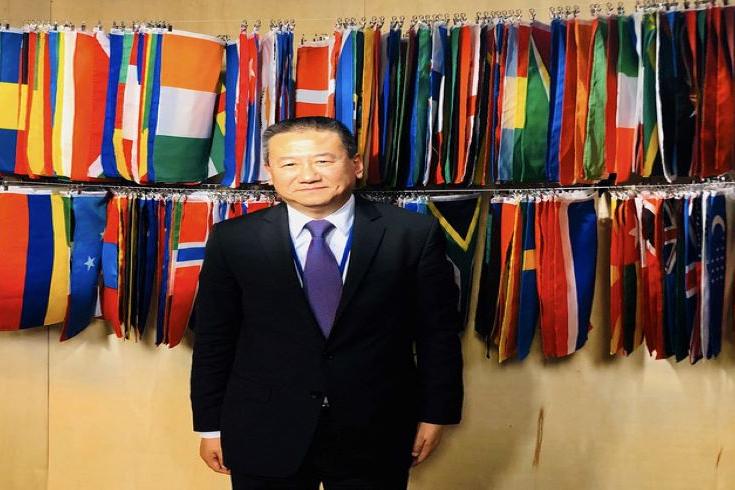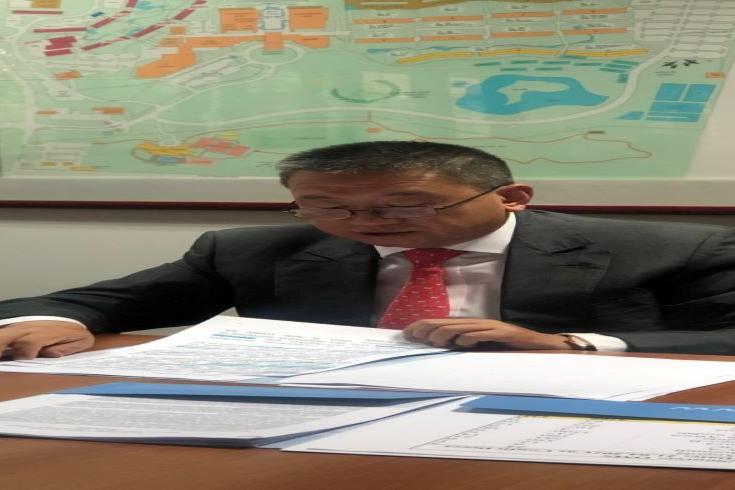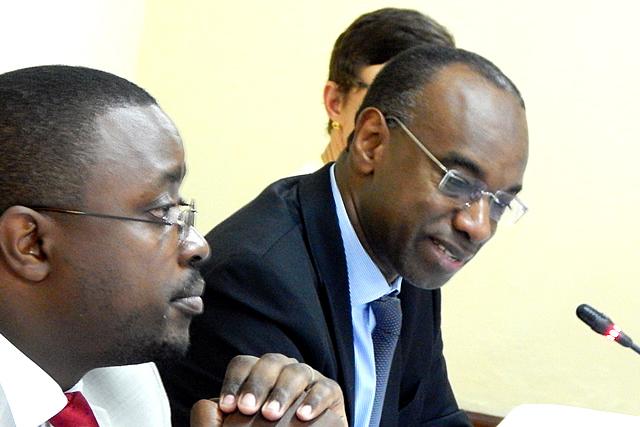Four experts met in Nairobi on 3 September with the Office of the Special Envoy for the Great Lakes to reflect on the evolution of the political and security situation in the Great Lakes region and discuss how the Office of the Special Envoy and other partners can best respond to the existing tensions in parts of the region and advance peace and security, in line with the commitments of the Peace, Security and Cooperation Framework.
Some takeaways:
- About bridging economy and politics: the Great Lake region would benefit more from sharing and maximizing their human and natural resources in an environment that enables growth and development, than from squandering them amidst violence. The cost of instability in the region is colossal in terms of human suffering and loss of growth and development. This is the new narrative that should guide the action of leaders and citizens of the region.
- Citizens already have a voice, they need to make it heard and considered: young people, women, and most citizens in the region, as elsewhere, expect to see improvements in their lives, to take part in decision making, to be governed fairly and transparently, and to be protected and not exposed to abuse. When some leaders fail to respond, people must be supported in voicing their expectations peacefully and demand for accountability in line with the several national, regional, and international commitments their leaders have signed up to.
- Bringing new solutions to persisting same issues: growing tension, if unaddressed or addressed through the wrong instruments, can lead to irreversible consequences, including new conflict. The Great Lakes region does not need more conflict. It needs more development, more cooperation, a clearer roadmap to shared prosperity. Existing tools and mechanisms, including sanctions, groups of experts, regional and international organizations fora, bi-lateral and try-lateral commissions, like the ones dealing with refugees, must be put to their best use and be accountable for delivering results.






